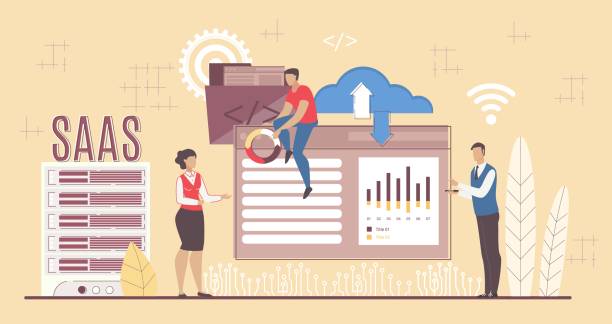Artificial Intelligence (AI) has revolutionized various industries, from healthcare to finance and everything in between. This rapidly evolving technology has the potential to transform the way we live, work, and interact with the world around us. In this blog post, we will delve into the latest innovations in AI and explore what the future holds for this exciting field.
1. Machine Learning and Deep Learning:
Machine learning and deep learning are two branches of AI that have gained significant attention in recent years. Machine learning algorithms enable computers to learn from large sets of data and make predictions or decisions without explicit programming. Deep learning, on the other hand, involves training artificial neural networks to recognize patterns and perform complex tasks. These technologies have been instrumental in advancements such as self-driving cars, virtual assistants, and fraud detection systems.
2. Natural Language Processing (NLP):
NLP focuses on enabling computers to understand and interpret human language. With advancements in NLP, we have witnessed the rise of virtual assistants like Siri, Alexa, and Google Assistant. These intelligent systems can comprehend and respond to our commands, making our lives more convenient. NLP is also being used in translation services, sentiment analysis, and chatbots, transforming the way we communicate and interact with technology.
3. Computer Vision:
Computer vision allows machines to understand and interpret visual information, just like humans do. This technology has found applications in facial recognition systems, surveillance, self-driving cars, and medical imaging. With computer vision, machines can analyze images and videos, extract valuable information, and even make decisions based on visual data. As computer vision continues to advance, we can expect significant improvements in areas such as object recognition, image search, and augmented reality.
4. Robotics and Automation:
AI-powered robots and automation have the potential to revolutionize industries such as manufacturing, logistics, and healthcare. Robots equipped with AI algorithms can perform complex tasks with precision and efficiency, minimizing human error and increasing productivity. From robotic surgery to autonomous drones, the possibilities are endless. As AI continues to advance, we can expect to see more intelligent and capable robots working alongside humans in a wide range of industries.
5. Ethical Considerations:
As AI becomes more integrated into our lives, it is crucial to address the ethical considerations associated with this technology. Questions about privacy, data security, bias, and job displacement need to be carefully considered and regulated. It is essential to strike a balance between innovation and responsible AI development to ensure that AI benefits humanity as a whole.
In conclusion, the future of artificial intelligence is incredibly promising. The latest innovations in machine learning, deep learning, natural language processing, computer vision, robotics, and automation are transforming industries and revolutionizing the way we live and work. However, it is essential to approach AI development ethically and responsibly to harness its full potential for the betterment of society. With ongoing advancements and continuous research, the future of AI is undoubtedly bright.

.jpg)





